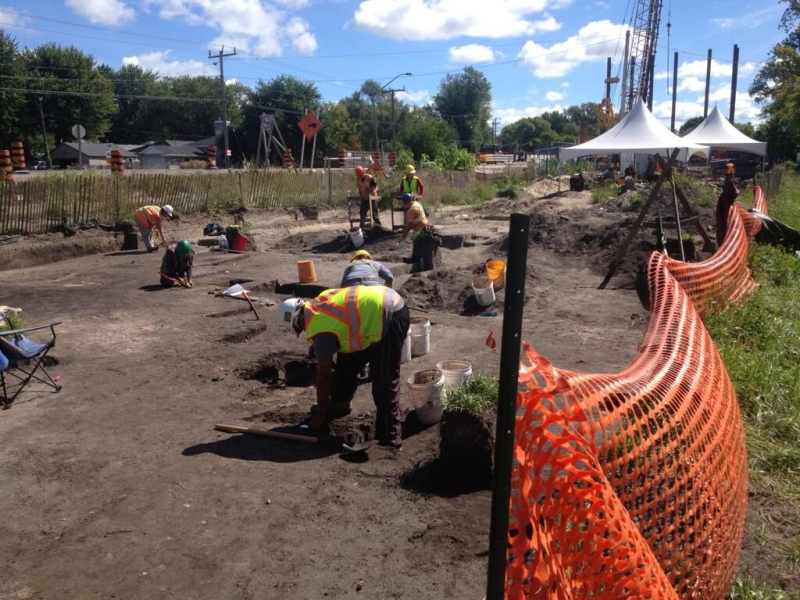The idea of a green bin program in Windsor-Essex has long been talked about, but never implemented.
That may soon change as the province has introduced a plan to ban organic waste from landfills.
Windsor mayor Drew Dilkens admits a green bin program has been on his mind since his inaugural speech.
“The issue for us has always been of cost, and it's very, very expensive to move to an organic recycling program” says Dilkens, who estimates a program could cost as much as $15-million.
“If the province mandates it for the entire province you'll likely see costs go down because you'll have more providers in the market” adds Dilkens.
The Essex-Windsor Solid Waste Authority says it already knows that food takes up a lot of space in your garbage bag
“We know from our curbside residential audits that 50 per cent of what you throw in your garbage can every week is food” says Heather Taylor, a waste diversion specialist.
Taylor tells CTV Windsor food is a good start when residents look at reducing how much waste they put at the curb.
”You can get a backyard composter or green cone and manage your own food waste,” says Taylor.
The Liberal government says its waste-free strategy aims to divert 100 per cent of waste away from landfills by creating a "circular economy," where waste is considered a resource that can be recovered, reused and reintegrated.
The provincial government warns landfills could expire in 20 years if the waste issue is ignored.
Ontario's environmental commissioner says the province's zero-waste strategy looks good on paper, but by itself won't be enough to completely eliminate garbage.
Dianne Saxe says the long-term strategy sets Ontario on the right path, but is lacking any actual dates for its targets.
Ontario generates nearly 12 million tonnes of waste a year -- more than 850 kilograms per person -- and only recycles about a quarter of that amount.
Saxe says the first steps should be to get all food waste out of landfills and to crack down on businesses and institutions, who only recycle 15 per cent of their waste.
She says it is also important to make sure products are high value, because it still generally is cheaper to buy new items, use them briefly and throw them away, rather than using resources over and over.
(with files from the Canadian Press)
































